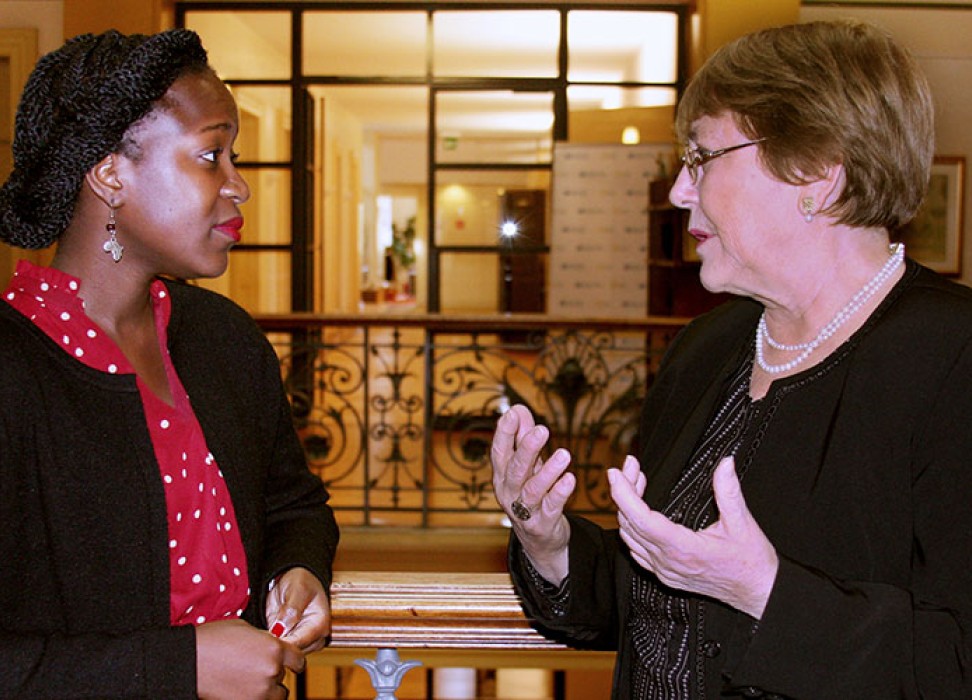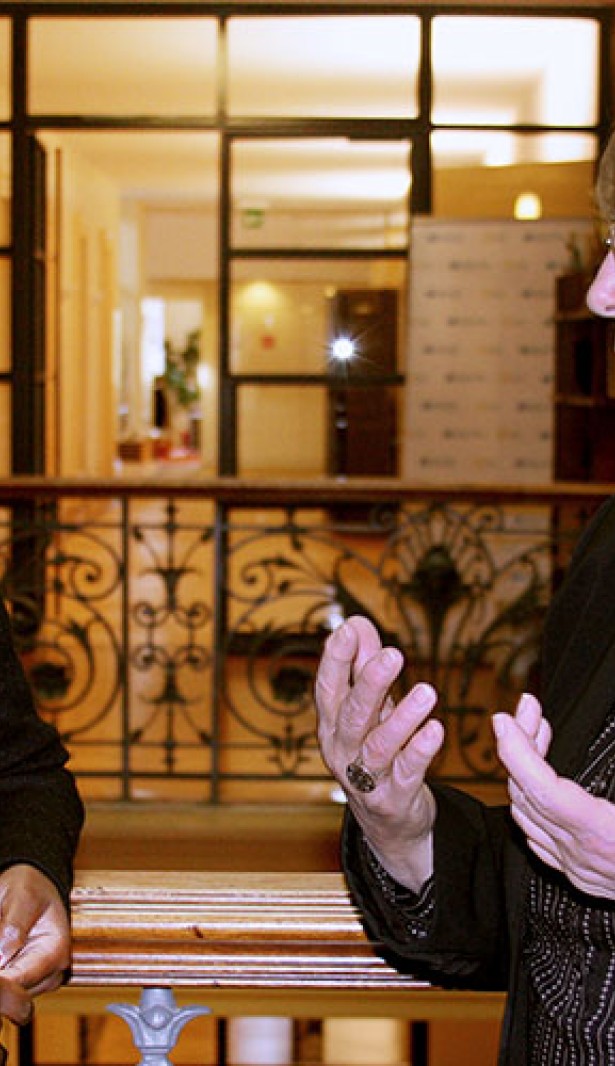Doing right by women and girls
06 December 2018

Tikhala Itaye, a women and girls’ rights defender, co-founded her NGO, Her Liberty, after realising she could not get answers on why girls were treated differently from boys in her country, Malawi.
"When I started my first year of university, lecturers made sexual remarks to me and I found myself in situations where they tried to fail me because I wasn’t given them the sexual favours they asked for," she said. "I felt so silenced. I did not know who to tell because I knew that I, as a girl, would be told it was my fault."
At university, Itaye met two other young women with whom she started sharing stories of the challenges she experienced. They realised that if they did not speak out things would never change.
"We decided to found an NGO, Her Liberty, which means her freedom; her freedom to be free from oppression and to speak up and stand up against issues that affected her," Itaye said.
In 2017, she solidified her activism by becoming a Youth Champion and member of the governing body of SheDecides, a movement created by the former Dutch Minister of Foreign Trade and Development Cooperation, Lilianne Ploumen.
When that same year US president Donald Trump signed the Global Gag Rule to halt federal funding for civil society organizations that provide family planning counselling, Ploumen said that president Trump does not make decisions about women’s bodies.
"She Decides," she said. These two words began a call to action and weeks later several Governments came together during a conference and pledged over 200 million dollars to organizations that were affected by the US decision.
"People in different countries embraced it to the way that their young women in their countries understood it. South Africa, where they started She conquers, is one of the best examples," Itaye said. "It has now become a movement that is being branded all over the world where young women themselves can now define what they can decide on."
This year, the world is celebrating the 70 years of the Universal Declaration of Human Rights; however, Itaye feels seven decades have not been enough for the ideals contained in the Declaration to reach the grassroots and rural areas.
"A lot of people still do not know what their basic, fundamental human rights are. I believe the celebration is an opportunity to share that message and to look at the knowledge gap that is out there," she said.
Itaye described the experience she had when she was campaigning to end child marriage in different countries and how encouraged she felt that the African Union had launched the Ending Child Marriage campaign.
"I thought there was progress; but I went down at country level in Malawi, I met a young woman who was a child-bride survivor. I went up to her and asked her if she knew about her right to say no to that marriage and if she had heard about the campaign. She looked at me and she said: "No. What is human rights? And "What is a law?" she recounted.
"We can’t celebrate human rights when that young girl, down at the community level, does not even know what a law is. I believe the Celebration is an opportunity to help communities understand truly that they have the right to know what their human rights are," Itaye added.
6 December 2018

